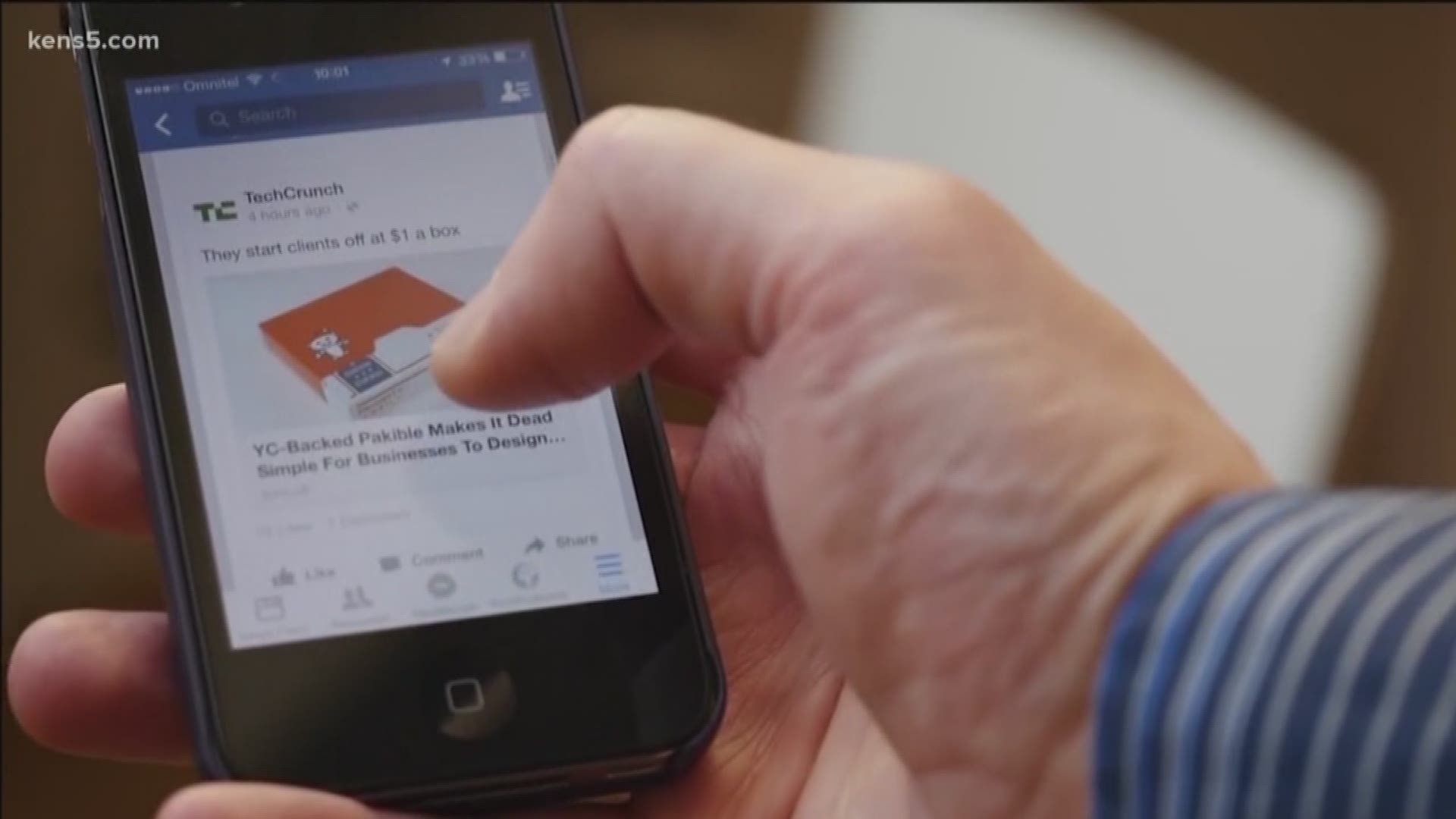SAN ANTONIO — Stop the scroll and take a stroll. It’s Mental Health Awareness Month and studies are revealing the correlations between excessive screen time and mental illness. According to a tech study by Asurion, Americans check their phones anywhere between 80 to 300 times each day, averaging more than 11 hours of screen time daily.
Former Google Insider Tristan Harris claims as major tech companies like Facebook and YouTube upgrade technology, they’re downgrading humans. He told CBS This Morning, “People are seeing these things as disconnected: Outragification of our politics, teen addiction to mental health issues, social isolation—they’re all part of the business model of extracting human attention. The race for the bottom of the brain stem.”
According to Harris, the average attention span is only 40 seconds. This, he said, is the result of over-stimulation of the brain through excessive interacting with devices.
“The beginning of mental health is simply taking care of the body by eating right, exercising, and getting enough sleep,” said Laillah Guice, a licensed professional counselor for The Steven A. Cohen Military Family Clinic at Endeavors.
Netflix CEO Reed Hastings said in a Recode article, “Netflix’s biggest competition is sleep.” Nothing botches binge-watching like a good snooze, which happens to be key to mental health. Harris’ complaints are against tech companies’ “unethical” pursuits of business expansion at the expense of consumers’ well-being. He claims there is a direct relationship between those companies’ stocks and consumers’ addiction to their platforms.
Former Facebook executive Chamath Palihapitiya admitted in a CNBC Squawk Box interview that even as the Social Capital founder and former senior executive of the social media giant, he doesn’t allow his own children any screen time for the sake of their development. Unplugging from devices and being in the moment was Guice’s advice.
“While you’re watching somebody live their life through something that may not be 100% real, it can be making you depressed and anxious, thinking you have to compare yourself to them. That can affect your mental health and how you think, how you feel, and how you act,” Guice said.
To learn more about mental health or to find help, visit endeavors.org.
POPULAR ON KENS5.COM:

